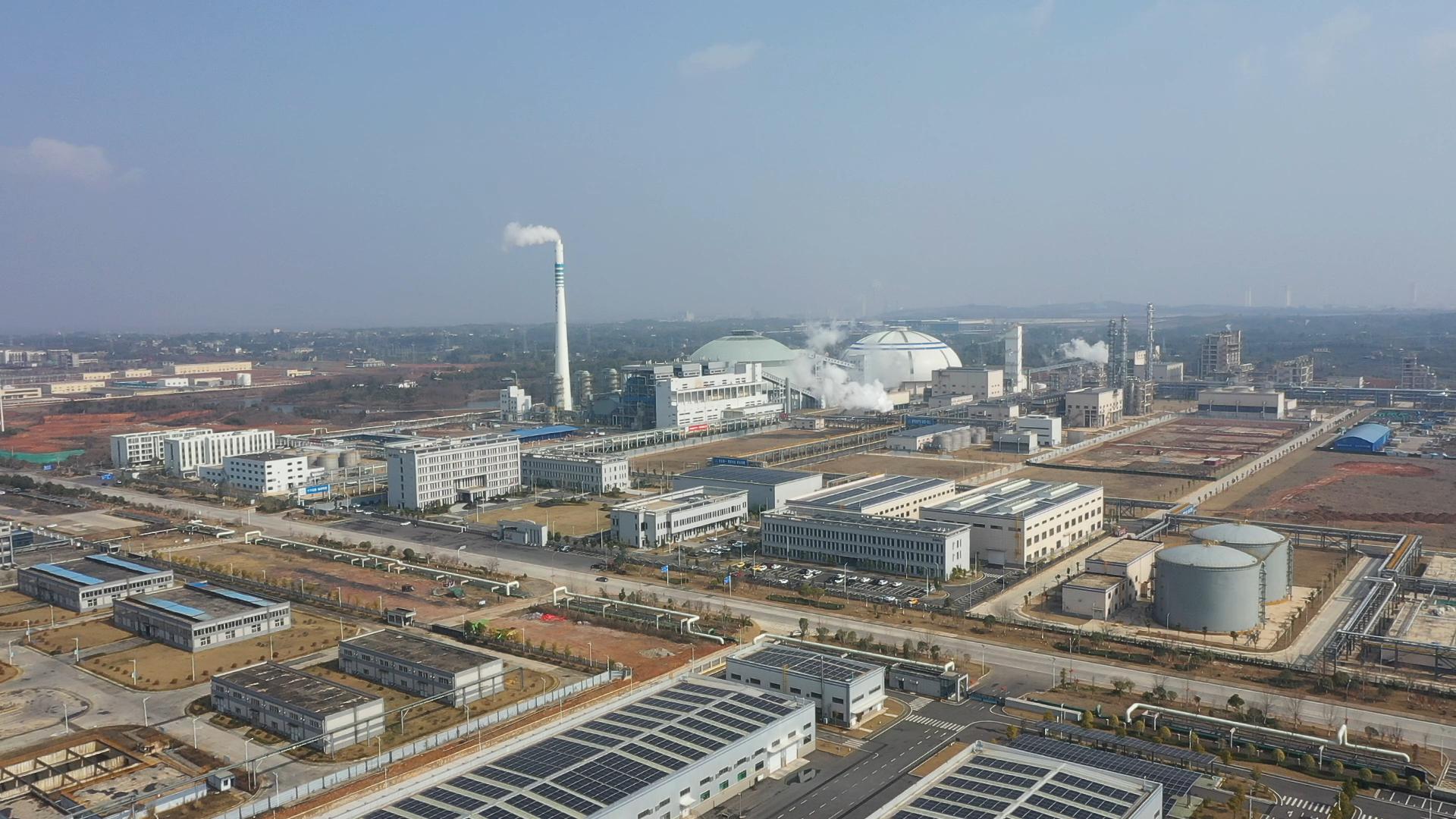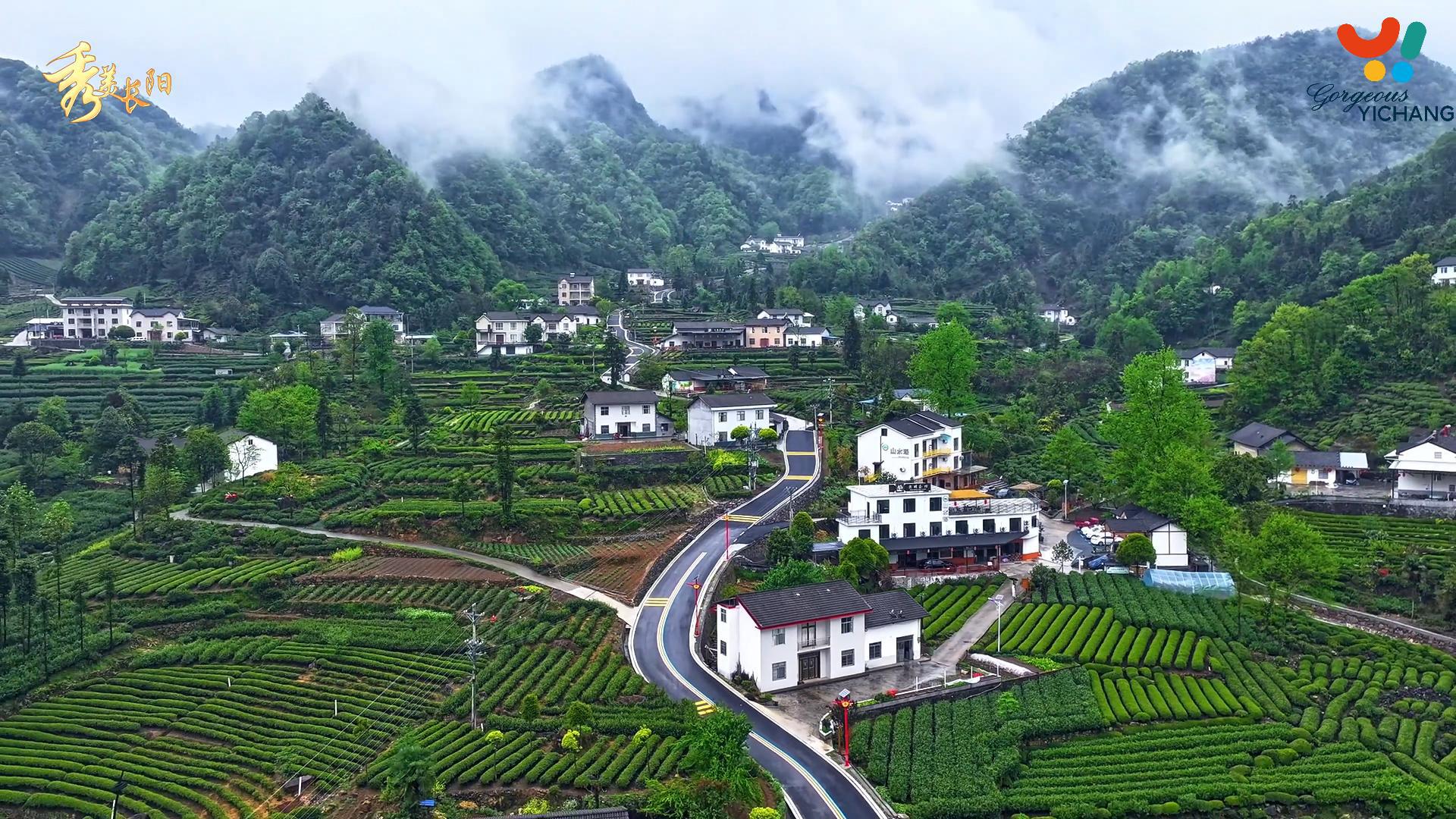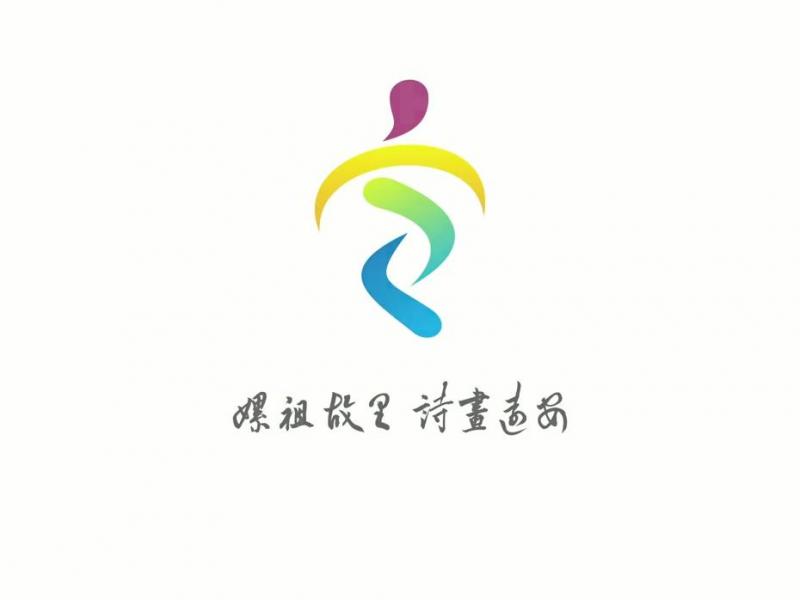High-Tech Zone builds silicon-carbon anode industrial cluster
2025-04-15 18:04:51
By Tan Maolin.
Yichang High-Tech Zone is emerging as a significant global player in silicon-carbon anode production, a material poised to transform energy storage for electric vehicles (EVs) and electronics.

Yichang High-Tech Zone is emerging as a significant global player in silicon-carbon anode production, a material poised to transform energy storage for electric vehicles (EVs) and electronics.

The Baiyang Park of Yichang High-Tech Zone.
Hubei Jianghan New Materials Co., Ltd. has launched the zone's first silicon-carbon anode project. Company director Yang Shiping announced on April 9 that the project has entered a critical phase, with trial production expected to begin by June.
The company focuses on R&D, production, and sales of high-energy-density silicon-carbon materials for lithium batteries, planning to invest 1 billion yuan (US$140 million) in two phases to industrialize next-generation anode materials.
"Phase 1 targets an annual output of 500 tons of silicon-carbon anode materials," Yang said. "Phase 2, to be launched this winter, will expand the total capacity to 3,000 tons yearly."
The zone is attracting top-tier manufacturers and innovators to create a dedicated industrial cluster. Six major firms have already established operations, with more in discussions, according to Dr. Luo Yang of Yichang High-Tech Investment Co., Ltd., the investment arm of the high-tech zone operator. Among key projects, the Shenghao Project is a 5.6-billion-yuan facility for electronic-grade silane and anode materials. Luoyang Lianchuang Lithium Energy Technology Co., Ltd. is developing a 1-billion-yuan production base to strengthen supply chains.
Silicon-carbon anode materials provide up to 10 times higher energy density than traditional graphite, enhancing EV range and consumer tech performance. "It’s a game-changer for battery efficiency," said Hu Wei, project manager of Yingui (Ningbo) Technology Co., Ltd. This Zhejiang-based company is constructing a 2,000-ton/year silicon-carbon anode material production facility in Yichang, utilizing cutting-edge vapor deposition technology for improved cycle performance and safety.
With advantages in localized supply, safe logistics, and cost savings, the high-tech zone is transitioning from traditional chemical manufacturing to new energy and advanced materials. "We target 150,000 - 200,000 tons of annual capacity by 2030, generating 60 billion yuan in output value," Luo Yang said.
Fu Wei contributed to this story.






